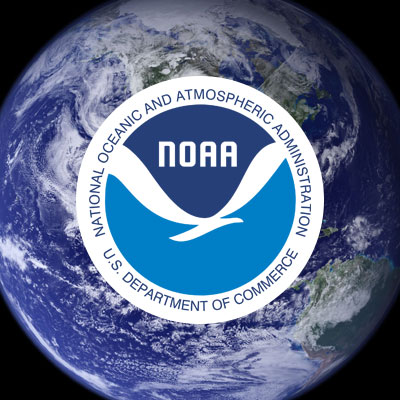
U.S. Climate Resilience Toolkit
NOAA’s U.S. Climate Resilience Toolkit. A collection of data, case studies, and information on climate and resilience for educators.

NOAA’s U.S. Climate Resilience Toolkit. A collection of data, case studies, and information on climate and resilience for educators.
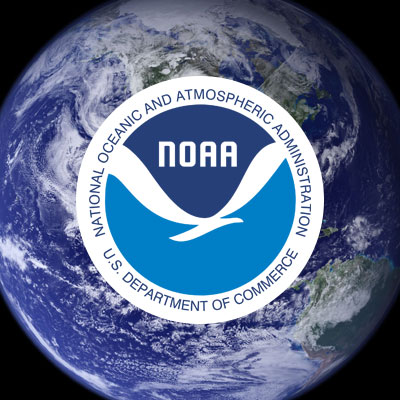
NOAA’s Climate Literacy Principals, a resource including fundamental concepts for Teaching Climate Science. The Teaching Climate Science section supports the Next Generation Science Standards.
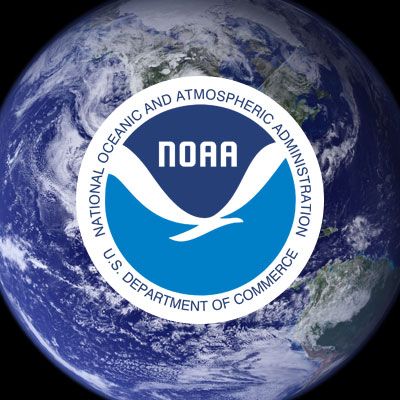
NOAA’s Climate Literacy and Energy Awareness Network (CLEAN). A collection of educator reviewed Climate Lesson Plans. Includes activities, videos, animations, short demonstrations and more!
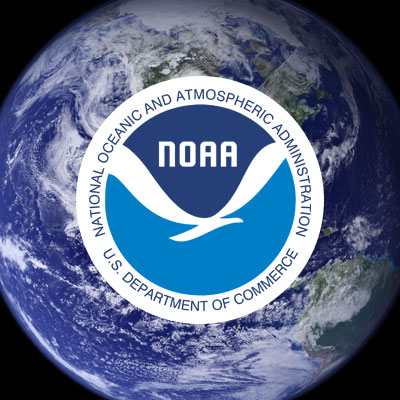
Students learn how energy, in the form of radiation, flows from the sun to the earth and how Earth’s atmosphere and surface plays a role in this exchange
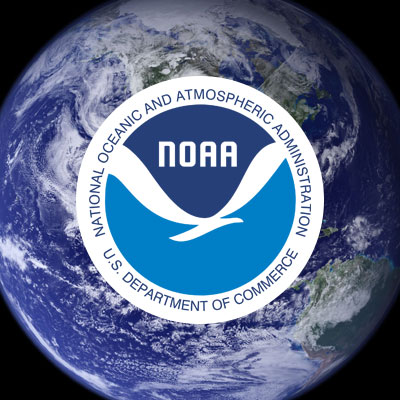
Seasonal Swings Compare weather data between estuaries at different latitudes to determine trends between air and water temperature and dissolved oxygen.
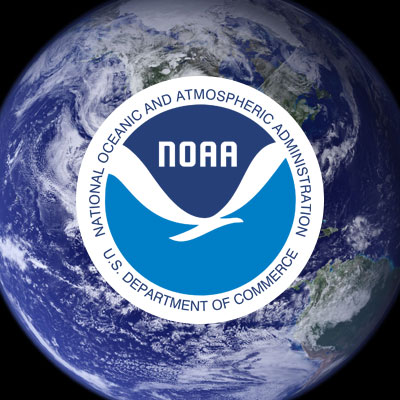
Is it Getting Hot in Here? Students discover what causes global climate change, how climate change can affect human communities, and cite evidence of climate change in the 21st century.
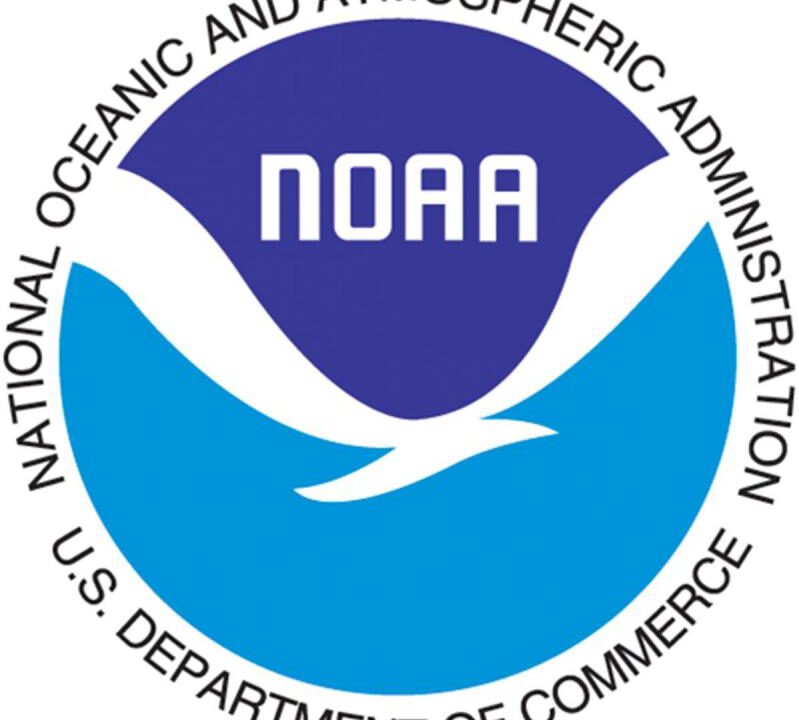
NOAA’S Climate Education resources include activities, research, cases studies, data, charts, and background information on Climate related topics. Topics include Carbon Cycle, Changing Seasons, Climate Change Impacts, Climate Monitoring and
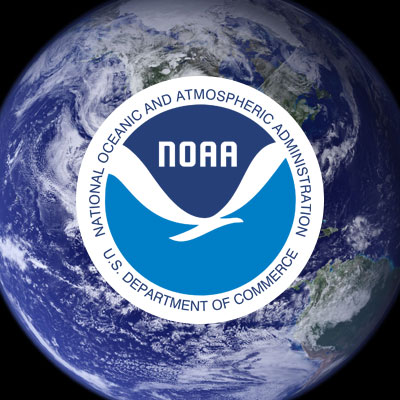
Estuary Food Pyramid Students will build an estuary food pyramid and discuss how marine food webs will be impacted by climate change through a scientific article.
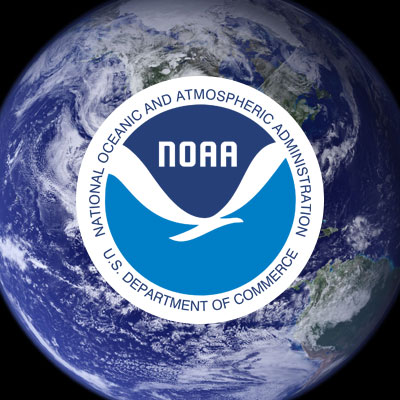
Climate Change and Tides Web-based resources to determine the impact predicted higher tides on coastal areas, devise a plan to mitigate for these tides and discuss how to apply this
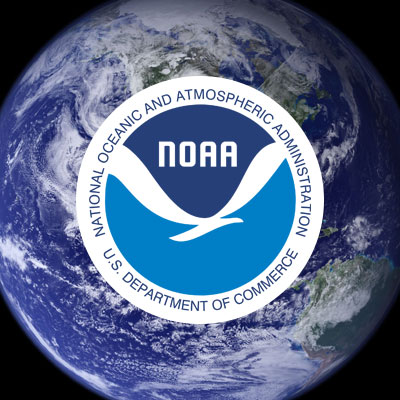
Climate Change and Currents Students learn the effect of ocean currents on climate change and determine how changes in atmosphere and ocean temperatures could change the Great Ocean Conveyor Belt.
Notifications